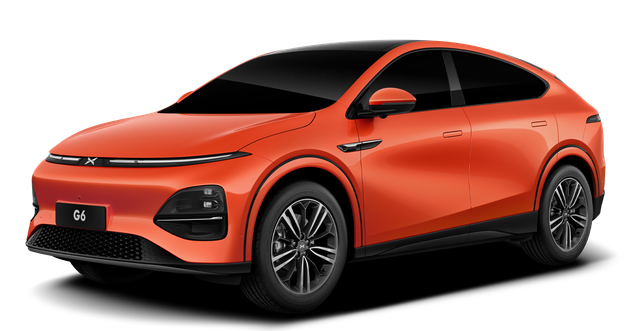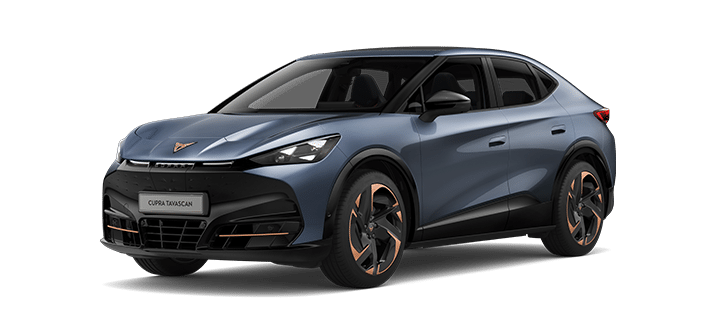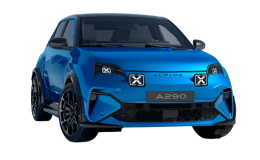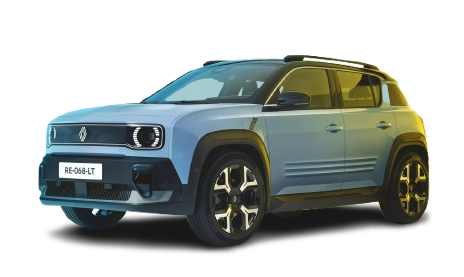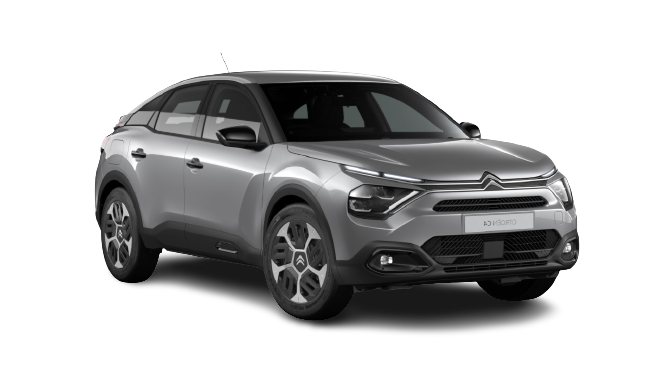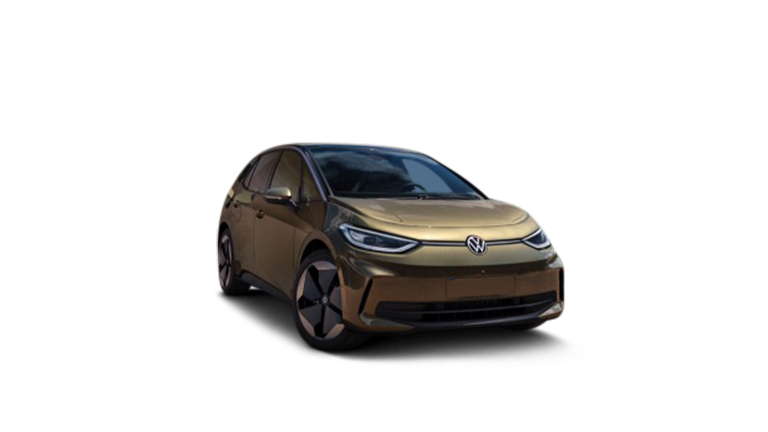Misinformation about electric cars: understanding the origins and players
The transition to electric vehicles is today at the heart of an intense debate, marked by persistent misinformation. A recent study by YouGov for the UK's Energy and Climate Intelligence Unit (ECIU) highlights the scale of the problem.
More than half of British drivers surveyed scored only two correct answers out of ten on a questionnaire about electric cars. electric carswhile a quarter gave no correct answer at all. These alarming figures reveal widespread ignorance, suggesting the existence of active and effective misinformation.
The sources of this misinformation are diverse and sometimes difficult to identify precisely. Some of the mainstream media seem to be involved in spreading erroneous or exaggerated information about electric vehicles. The oil industry is often singled out, although direct links are difficult to establish. Studies whose sources and funding lack transparency are sometimes widely reported, contributing to the confusion.
The most common misconceptions about electric cars

Preconceived ideas about electric cars persist despite their growing adoption. Among the most common is the belief that these vehicles lackrange, despite the fact that many current models can travel almost 400 km on a single charge. Another widespread idea is that recharging takes too long, ignoring the advances in fast-charging which can recharge up to 80% of the battery in 30 minutes for some vehicles. High cost is also often cited, although models such as the Dacia Spring are available from 15,800 euros with the environmental bonus.
As far as environmental impact is concerned, many believe that electric cars are more polluting, even though they offset their production carbon footprint from as little as 30,000 km travelled. Finally, the idea that the electricity grid couldn't support mass adoption is contradicted by RTE forecasts, which estimate that 12 million electric cars would only represent around 5-6% of current national electricity production.
The impact of misinformation on electric vehicle innovation and adoption
Misinformation about electric vehicles has a major impact on their adoption and innovation:
Impact on the adoption of electric vehicles
Lack of knowledge and preconceived ideas are holding back the adoption of electric cars by the general public. A British study revealed that drivers of combustion-powered vehicles scored an average of just 2/10 on a quiz about electric cars. This ignorance is directly reflected in purchase intentions:
- Among those with the highest quiz scores (8/10 or more), 64.6% want their next car to be electric.
- Conversely, among those scoring 2/10 or less, only 6.1% plan to switch to electric.
Well-informed people are therefore 11 times more likely to buy an electric car than others. Misinformation thus deprives many drivers of the economic and environmental benefits of electric vehicles.
Consult : Tax benefits for electric vehicles
Consequences for innovation
The limited take-up of electric vehicles is having a negative snowball effect on the sector as a whole. Timid demand discourages manufacturers from allocating substantial budgets to R&Dbudgets, thus holding back the technological breakthroughs that could make these vehicles more attractive. This hesitancy has repercussions on the development of charging stations, fuelling a vicious circle in which the lack of infrastructure reinforces fears about range.
What's more, the absence of mass production prevents economies of scale, keeping prices high and putting off potential consumers.
This creates a spiral where each factor amplifies the others, delaying the democratization of electric vehicles and depriving the market of crucial innovations. This circle of inertia is hampering the transition to greener, more sustainable mobility.
The need to inform the public
To counter these negative effects, it's important to better inform the public about electric vehicles. This involves :
- Transparent communication from manufacturers and public authorities.
- Combating misinformation in the media.
- Information campaigns on the real benefits of electric vehicles.
Better knowledge would accelerate adoption and innovation in this key sector for the ecological transition.
Strategies to combat misinformation about electric cars
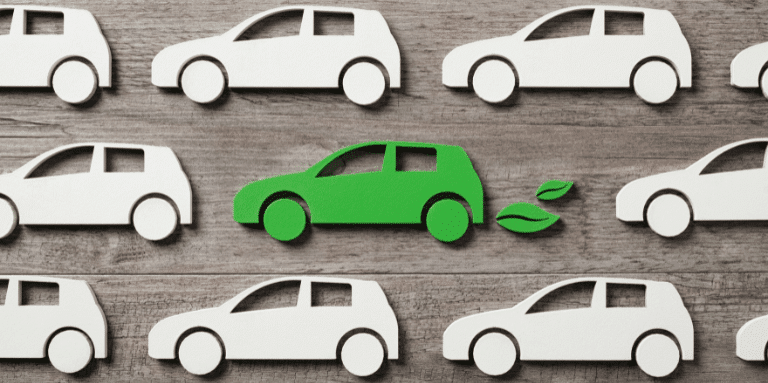
To effectively combat misinformation about electric cars, a multi-faceted approach is needed. Key strategies include educating the public through information campaigns based on reliable scientific data, training journalists to improve the quality of reporting on the subject, and creating centralized platforms providing accurate, up-to-date information.
Collaboration with automakers for transparent communication on the performance and environmental impact of electric vehicles is also crucial. Dedicated fact-checking teams can quickly respond to misinformation, while community engagement, notably via networks of ambassadors who own electric vehicles, can help dispel myths by sharing real experiences.
Finally, working with social media platforms to limit the spread of misinformation and strengthening the legal framework against intentional misinformation are important aspects of this fight.
Overcoming misinformation for a sustainable future
The transition to electric vehicles is essential for a sustainable future, but it faces persistent misinformation that needs to be countered with hard facts. Although battery production accounts for between 35% and 41% of the total carbon footprint of an electric vehicle, with around 150 to 200 kg of CO2 equivalent per kWh of battery according to the Swedish Environmental Agency, the overall balance remains clearly favorable.
ADEME estimates that in France, over its entire life cycle (200,000 km), an electric car has a carbon impact 2 to 3 times lower than an equivalent internal combustion model, and even 5 times lower according to the NGO Transport & Environnement. The initial carbon debt (5 to 15 tonnes of CO2) is offset after 30,000 to 70,000 km.
To overcome misinformation, it is essential to disseminate reliable, up-to-date information. Ongoing technological advances are improving the efficiency and durability of batteries, with recycling rates reaching 70% to 90% depending on the technology. What's more, the industry is actively working on eco-design and reducing the environmental footprint throughout the production chain. It's also worth noting that electric vehicles make a significant contribution to reducing air pollution in urban areas.
Although challenges remain, such as raw material extraction and improved recycling processes, technological advances and new regulations are encouraging more sustainable production. By actively combating misinformation and promoting a nuanced understanding of the benefits and challenges of electric vehicles, we can accelerate the transition to a cleaner, more sustainable transport system for future generations.
Conclusion
In conclusion, attitudes are changing and consumers are becoming increasingly well-informed, gradually adopting electric vehicles. Although misinformation has slowed this transition, awareness of the economic and ecological benefits of electric cars is growing.
With ongoing technological advances and efforts to combat misconceptions, more and more people are choosing to go electric, marking a key step towards cleaner, more sustainable mobility. This trend bears witness to a collective intelligence that is pushing towards more responsible choices for the future.
If you would like to know more about the charging station tax credit at 2024please consult our article on the subject.


